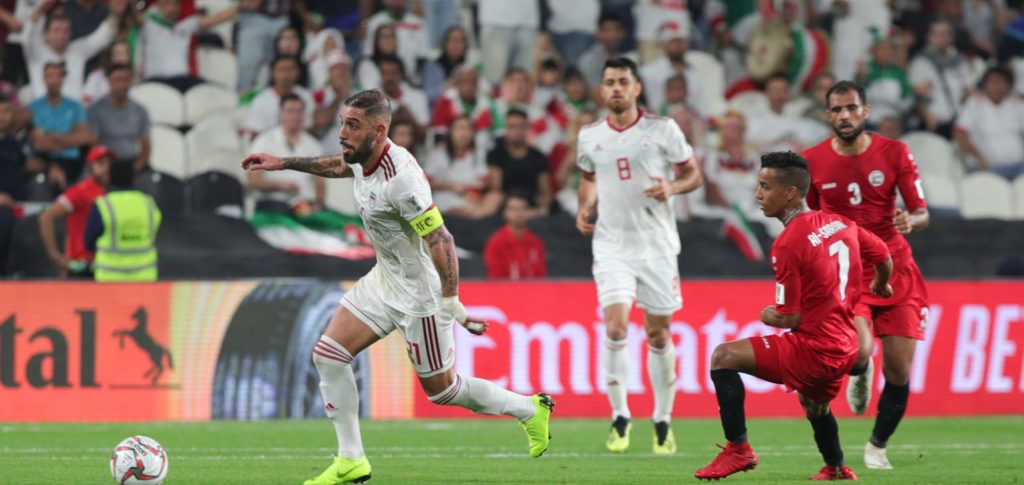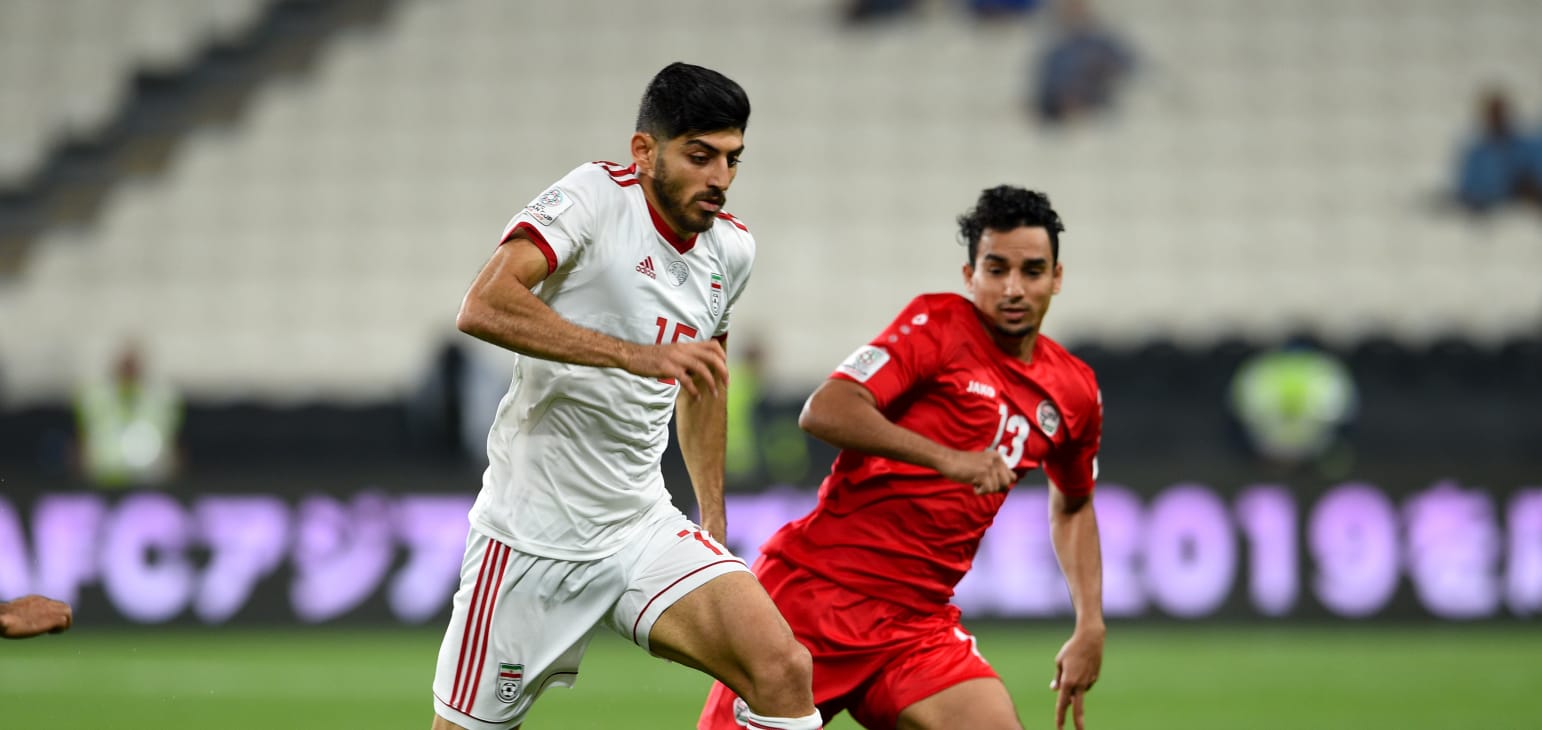The saga of Iranian football managements ( or mismanagement, to be more accurate) continues unabated with the latest revelation that an Italian coach is being considered for Team Melli after the debacle of Marc Wilmots!
Notwithstanding the truth behind this story and lack of an official confirmation, it is prudent to analyze such possibility and dissect the pros and cons of appointing a foreign coach who does not have the slightest clue about Iranian football culture to head Team Melli at this critical juncture.
Who is Di Biasi?
Giovanni “Gianni” De Biasi is an Italian coach who started his career in 1990 and managed several clubs in Serie C, B, and A, the most famous of them was Torino. Di Biasi never seemed to stay with one club for more than two seasons. During his playing days, he played with Treviso, Inter Milan ( 10 matches only) Brescia, Palermo but never managed to make it at top grade. The same can be said about his coaching career until the big break came when he was recruited by the Albanians to coach their national team.
It was with Albania that Di Biasi enjoyed his best days in coaching. In his 6 years with Albania, he succeeded in qualifying to the Euro Finals in 2016. He left in 2017 to coach Alaves in La Liga.
Clearly, Gianni Di Biasi is not in the elite category of world coaches however, his success with the Albanian national team was remarkable considering the status and standard of the tiny European nation.
DI Biasi and Iran.
While Marc Wilmots had a similar resume as Di Biasi, perhaps a little bit better for coaching a powerful team like Belgium, he struggled to succeed with Iran. In fact, his poor familiarity with his players’, poor reading of the game and sub-standard knowledge of the opposition, resulted in two major defeats for Team Melli against teams that should have been beaten.
That Marc Wilmots was not familiar with the Team Melli players was a direct result of the guy living and working remotely with minimal contact and communication with the team members. It is only natural that a coach cannot employ the capabilities of the players to the full if he does not understand those skills and abilities. There are other factors too, but nothing like the poor technical and tactical leadership of the game which resulted in these diabolical defeats and possible elimination at an early stage.
Di Biasi is in the same boat as Wilmots was before taking the job. A person who has no knowledge of football in Iran, perhaps unable to name more than two or three players and is totally alien to the Persian culture and football politics. To settle in Iran in the first place, is a challenge for this Italian, assuming he is not going to be a suitcase flying coach. It will take him time and we are talking months if not years to be comfortable enough to deliver the goods.
The establishment, environment and the politics of Iranian football is a steep learning curve for any outsider. Expecting a foreign coach to deliver in a short time is unreasonable and unfair on both sides.
Team Melli has just about two months for the next match in the World Cup qualifiers vs. Hong Kong in Azadi. Granted, it is not an intricate mission but it still needs preparation, the familiarity between the coach and the players and building the best team line-up. The real test is against Bahrain and Iraq at home, two matches that must be won for Team Melli to be in contention for a place in the next round.
The contract!
It is not clear what has changed since Wilmot’s dispute with FFIRI which turned sour mainly due to non-payment or delay of wages by FFIRI. This will repeat with any other coach if it is not sorted out. Will Di Biasi suffer the same as Wilmots, Branko Ivankovic, Calderon and Andrea Stramaccioni who all had disputes with their paymasters on payments of dues? It is highly unlikely that the FFIRI has suddenly created a magic wand to manage to circumnavigate the American sanctions to enable paying the wages of its foreign coaches, so what has changed in FFIRI policy to assure the respect of contractual obligations?
It is particularly this subject that can turn a good relationship into a fractured one. It is a big challenge and a bigger risk for the federation as they have already been burnt, although no one takes responsibility or accountability.
This administration of the FFIRI is far from a competent operative. Although the fans of Team Melli should not be normally bothered or concerned with the administrations or contract details, with FFIRI and as we have experienced previously, it is a major concern. A lot is dependent on how he FFIRI respects its contractual obligations. By track records, it is not too promising. If there is anything that this administration excels in is, making excuses, fabrication & twisting of fact and diverting blame.
Chances of success
Assuming all is well with the contract, It is not an absolute requirement for a top-level coach to handle Team Melli. It needs a strong person, knowledgable, dedicated and tactically astute. Di Biasi can tick a few boxes here. His lack of familiarity can be addressed as he can develop that depending on how happy the man is at his job. Iran can be both a pleasant place to live and frustration at the same time. He can do the job as well as any although from the onset it looks a lot more complicated for a newbie foreign coach than having a domestic one at the helm.
The Ghalenoei’s, Daei’s or Golmohammdi’s have their advantages as Team Melli coaches but also we must not forget a certain stigma attached to them, after all, in Iran, a local coach has an automatic label of being biased! A foreign coach is revered even if he struggles. The fans seem to be more tolerant of foreign coaches but unforgiving to a local. It is the Iranian culture.



